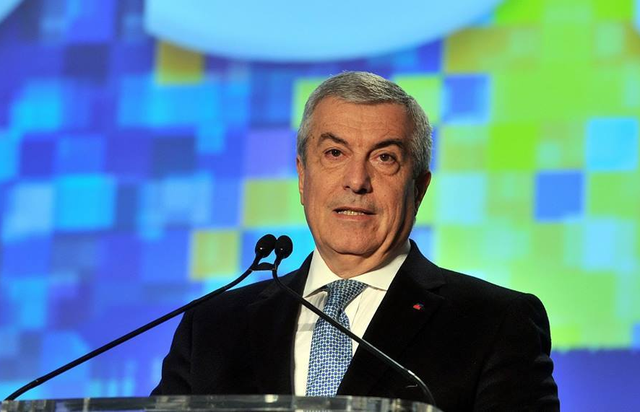Parliament and the Rule of Law
Foreign diplomats have met in Bucharest with the speakers of the Romanian Senate and the Chamber of Deputies to make sure that the anti-corruption fight is still going on in Romania

Mihai Pelin, 14.05.2015, 14:24
The talks focused on the
strategic partnerships Romania, as an EU and NATO member, has concluded with
these countries, on the Romanian business environment and on the legislative
changes regarding the judiciary. The speaker of the Senate, Calin Popescu
Tariceanu, talked to the foreign diplomats about the importance of consolidating
the institutions that can defend citizens’ rights and freedoms:
Calin Popescu Tariceanu: The
rule of law does not mean consolidating the state’s institutions of repression,
it actually means stronger institutions able to defend the citizens’ rights and
freedoms from abuse of any kind.
In turn, the ambassador of
Great Britain to Bucharest, Paul Brummell, reminded the importance of
Parliament’s independence in the legislative process and also the role of
relevant institutions, such as the National Anti-Corruption Directorate, in the
fight against corruption.
The British ambassador also
referred to the importance of talks on the rule of law in the Romanian society.
Paul Brummell said that it is not the foreign diplomats’ call to suggest a new
law. That is the role of MPs, of political parties, of organizations and of the
people. They simply want to make sure that the talks about the rule of law and
Parliament acknowledge the importance of the anti-corruption fight for the
development of Romania and the prosperity of the Romanian people.
The talks between the Romanian
officials and the western diplomats took place after Parliament was asked
several times to approve the requests of the prosecutors regarding the
prosecution of certain MPs. The Social Democratic Party MPs, who hold the
majority, rejected, in some cases, the prosecutors’ requests regarding them or
their colleagues. The most resounding case is that of the former transport
minister, Dan Sova, who was accused of being accomplice to abuse of office.
At the end of March, most
senators attending the meeting voted in favor of the National Anti-Corruption
Directorate’s request for taking Fan Sova into temporary custody, but the
request was rejected due to the lack of quorum. Subsequently the Constitutional
Court ruled that the Senate’s decision in that case was unconstitutional.






























